The Peabody Museum of Archaeology & Ethnology, Harvard University, is pleased to announce that following an international search, photographer Lee Kai Chung has been selected as the 2022 Robert Gardner Fellow in Photography. The fellowship provides a $50,000 stipend to begin or complete a proposed project followed by the publication of a book.
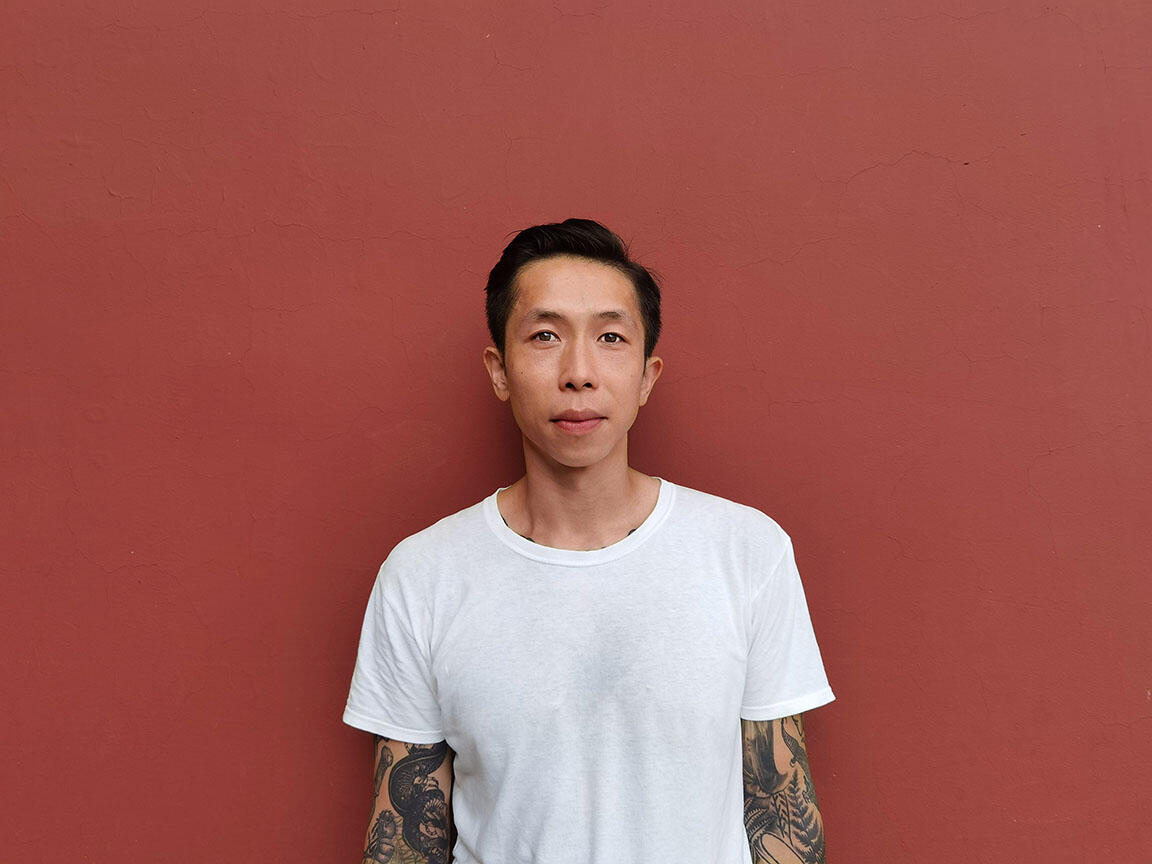
Lee Kai Chung will use the fellowship to work on The Infinite Train, an ongoing research-based art and archive project exploring identity and mobility in Dongbei—"northeast" in Chinese— or the Manchurian belt, at the junction of Russia, Inner Mongolia, the Korean Peninsula, and Mainland China. In creating The Infinite Train Lee will employ the journey as a creative research method, riding the railroad throughout the Manchurian belt. He will photograph people who are leaving the areas as well as those who insist on staying behind in these desolate landscapes.
Despite Dongbei’s “harsh natural environment,” says Lee, the vast region has long been the locus of power struggles among the many nations that border it. At the same time, these borders are fluid. The populations that reside there are diverse, and diasporic, including stranded war refugees, former agrarian settlers, ethnic Koreans, Russian property investors, smugglers, industry workers, and their descendants. Many, even those born in Manchuria, feel torn between their ancestors’ past nationalities and that of their present geographical location.
Lee says, “I often find people born and raised in Manchuria who describe a sense of unbelonging. They feel they belong to an unmemorable past or unnamable future. This has been caused by social movements, failure of economic reform, industrial downfall in Dongbei as compared to the growth in the rest of China. I believe this kind of mental displacement is unique to this particular place.”
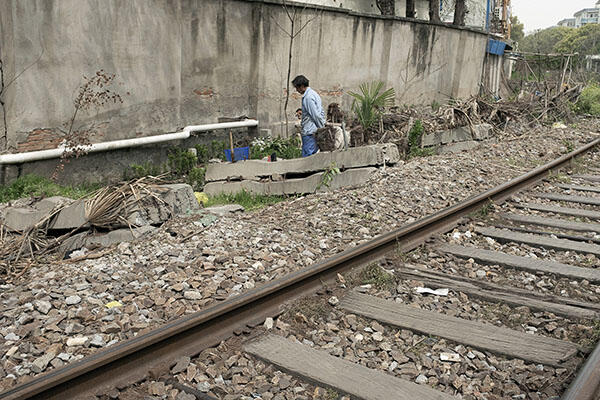
Lee’s work has been characterized by his incisive interrogation of historic events with innovative strategies and varied techniques. He brings an unflinching but empathetic gaze both to material remnants of history—archives, statues, film clips, and even sand—as well as to intangible ones, such as remembrances, narratives, and identities. He employs sculpture, 3D models, video, performance, artist books, publications, and photography into exhibitions, installations, and online archives. “Lee’s versatility as an artist, his attention to the issues of transnationalism and his courageous digging into difficult pasts through fieldwork methodology and participant observation made him the ideal recipient for this year’s fellowship award,” said Jane Pickering, the William and Muriel Seabury Howells Director of the Peabody Museum of Archaeology & Ethnology.
Lee describes himself as an artist who performs research on historical systems, historiography, and ideology. Much of Lee’s previous work has been archive-based, with an eye to the holes in archival documentation. The Infinite Train is one of six research-based art projects on the theme of displacement, collectively titled Displacement. These pieces explore “demographic and material flows, as well as geopolitical discourses, based on historical and social meanings in a pan-Asian context,” says Lee. He pays special attention to concept of identity—what it means to have been part of a place but at the same time always part of a diaspora.
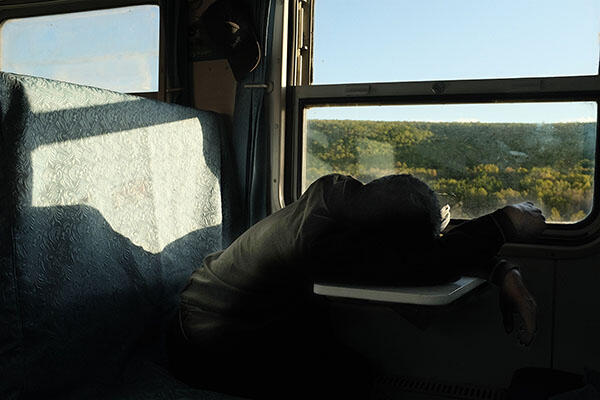
“Lee’s photographs go beyond the documentation of the physical manifestations of displacement to locating a very human sentiment within them,” said Ilisa Barbash, the Peabody Museum’s Curator of Visual Anthropology. A vast landscape, showing the scars left by stripping the area of its industry, is covered in writing that says: “The Shadow Lands in Yonder.” An enormous cliff shows a tiny anonymous figure, peering down at the far-off smoke blasts from factories. Another anonymous person looks out from a frosty riverbank which is dotted with tied-up packages abandoned by refugees. They could just as easily contain vestiges of ancestral clothing, as daily use items, valuables, blankets, or the ashes of deceased relatives. “Lee’s empathetic gaze makes us feel the loneliness of these places, and of the people tenuously tied to them,” said Barbash.
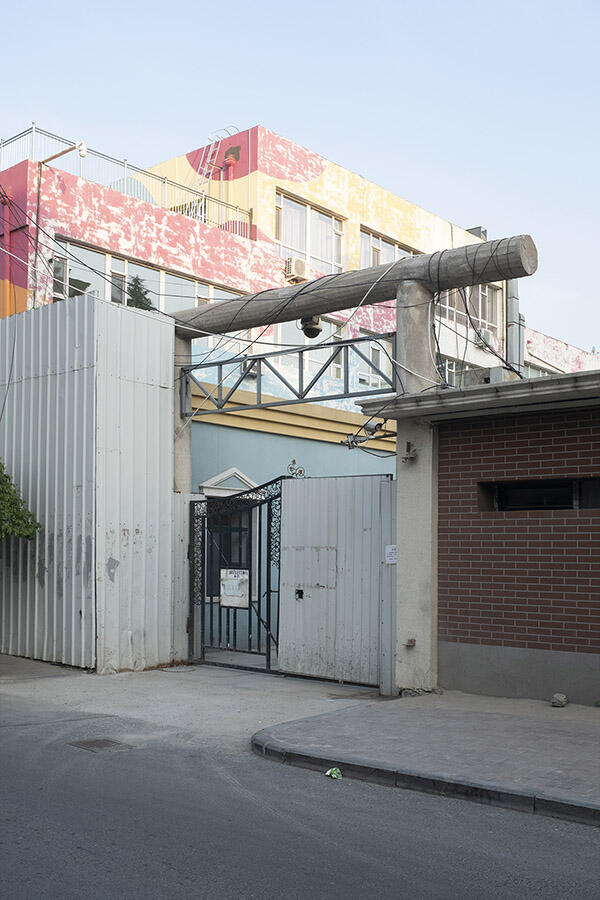
Lee Kai Chung is one of a number of artists born in the 1980s who spent their formative years in Hong Kong when city’s sovereignty changed from the United Kingdom to China. According to freelance photography curator Vivian Fung, they are “caught between the complexity of transitioning sovereignties and nationalities; many of this generation … find agency in learning, knowing, shaping, and reflecting on the fluid identity of ‘Hong Kongers’.” As a Hongkonger, Lee feels he is especially attentive to the uncertainties of self-identification and the emotional conflicts one affiliates with geography. “Photography provides creative moments for interpersonal and cross-cultural exchanges, which draws attention to the significance of empathy in human history,” he said.
Lee received the Altius Fellowship from the Asian Cultural Council in 2020 and the Award for Young Artist (Visual Arts) from Hong Kong Arts Development Council in 2018. Recent and upcoming exhibitions[SF3] include Sharjah Biennial 15: Thinking Historically in the Present (2023) (Sharjah, UAE), Taoyuan International Art Award exhibition (2023) (Taoyuan, Taiwan), Internationale Kurzfilmtage Winterthur (2021) (Winterthur, Switzerland), Landskrona Foto (2020) (Landskrona, Sweden), Seoul Mediacity Biennale 2018 (2018) (Seoul Museum of Art: Seoul, South Korea), 12th Shanghai Biennale: Proregress – Art in an Age of Historical Ambivalence (2018) (Power Station of Art: Shanghai, China) and Artist Making Movement - Asian Art Biennial 2015 (2015) (National Taiwan Museum of Fine Arts: Taichung, Taiwan).
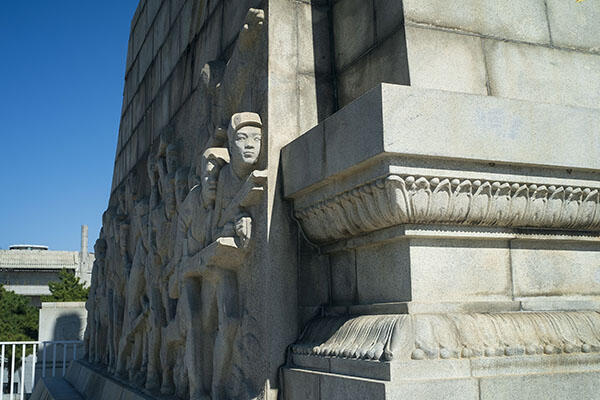
“I am grateful that this fellowship, generously endowed by Robert Gardner (1925–2014), allows us to support emerging and mid-career photographers in their efforts to document, as Gardner put it, ‘the human condition anywhere in the world,’” said Jane Pickering. “The innovative and meaningful photography that has emerged from this fellowship since 2007 is extraordinary and helps to move the medium forward in exciting ways. “We are grateful to Robert Gardner and his family, as well as to the anonymous award committee members and nominators. Their efforts help advance both the medium of photography and its insights into how we coexist on our planet today.”
About the Robert Gardner Fellowship in Photography
Robert Gardner Fellowship Recipients
Media contact: Faith Sutter